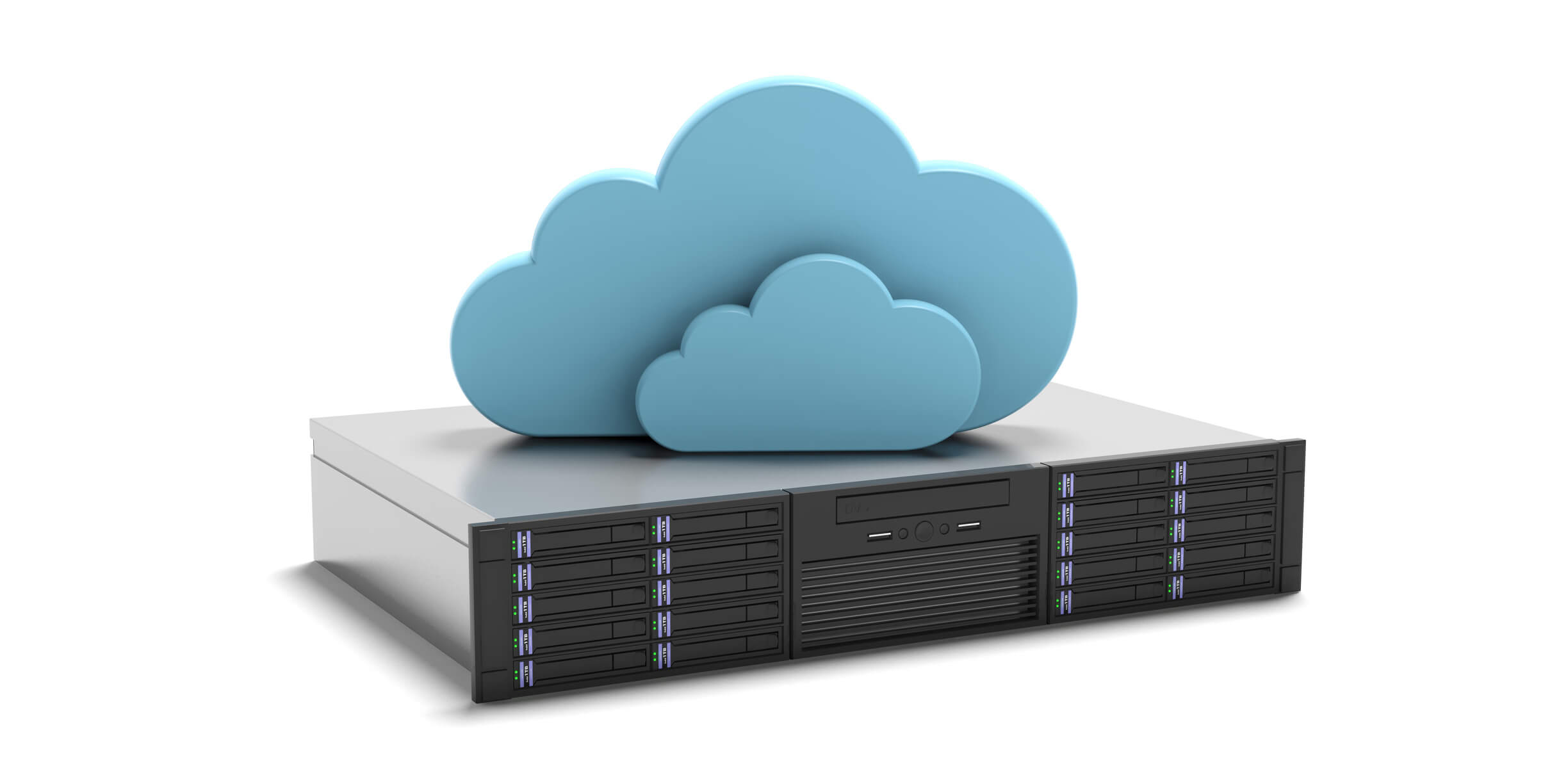Cloud computing is the storage, management, and processing of data on a network of servers hosted remotely on the internet. It has grown in popularity among organizations because it provides significant cost savings while providing excellent security, massive capacity, and a slew of managed services. Cloud hosting offers several benefits to organizations, and we’ll look at 10 of the essential ones in this piece.
Cost-saving: The bottom line for every company considering adopting new technology is whether it provides excellent value for money and a decent return on investment. What’s nice about cloud computing is that you don’t need your gear because you can access everything on your provider’s servers. This flexibility implies that you may save money on hardware while also eliminating the overhead of hosting your own data center.
 You will not be required to pay for space, power, physical security, insurance, or air conditioning, nor will you be required to fund the costs of continuous upkeep.
You will not be required to pay for space, power, physical security, insurance, or air conditioning, nor will you be required to fund the costs of continuous upkeep.
Pay more when you upgrade the package: If you have your data center and need to expand computing capacity, you will need to purchase, install, and configure a costly new server. With cloud computing, you can manage your short-term demand by buying a small storage capacity on a cloud server, saving you the cost as well as optimizing your storage solutions quite quickly. For starters, you’re purchasing something that may be inactive for the majority of the time, and if demand arises suddenly, you may not be able to get the server up and running in time to cope with it.
Competitive advantage in competitive situations: Cloud computing has a near-zero deployment time. Critical applications for growth and success may go up practically quickly, providing you a strategic competitive edge over competitors who have not yet implemented cloud technology.
High-speed performance: To remain competitive, cloud service providers must constantly upgrade their technology to match the needs of their clients. Consequently, cloud computing provides high-performance servers with cutting-edge technologies such as solid CPUs and lightning-fast SSD storage.

Additionally, when servers are busy, the load is dispersed so that no one server suffers from performance issues. Because a cloud provider has so many servers at their disposal, they can continually optimize performance.
Online plugins and apps: Before introducing cloud computing, new apps might take a long time to be up and running. Cloud-based apps, on the other hand, have significantly decreased the time necessary for effective implementation. The majority of cloud-based apps may be utilized immediately after signing up.
This quick access provides several benefits to enterprises. One example is that organizations who relocate to the cloud may start using AI and machine learning apps within hours of signing up.
High data security: Cloud hosting protects your company from hackers, viruses, and internal data theft. To secure their clients’ data, cloud companies must adhere to a slew of strict security requirements. These requirements involve employing robust firewall technology with intrusion prevention systems and in-flow virus protection. These prevent attacks from reaching your server by detecting and isolating them. With comprehensive VPN options, you can even expand your workplace into the cloud.

Flexible operations: Cloud hosting safeguards your organization against hackers, viruses, and internal data theft. Cloud service providers must meet a plethora of stringent security criteria to protect their clients’ data. Security measures entail utilizing innovative firewall technology in conjunction with intrusion prevention systems and in-flow virus protection. Cloud servers identify potential threats and prevent them from reaching your storage server, thus aiding in the security of your data. You may even expand your workplace into the cloud with extensive VPN choices.
Future of clouding: Cloud’s scalability puts smaller businesses on an equal playing field with larger ones. With the expansion of the Internet of Things, the quantity of big data that organizations gather and handle will rise rapidly. By far, the most cost-effective alternative for storing and processing massive amounts of data is cloud computing. Furthermore, it enables the simple deployment of the apps required to carry out this processing.
 About Complete Controller® – America’s Bookkeeping Experts Complete Controller is the Nation’s Leader in virtual bookkeeping, providing service to businesses and households alike. Utilizing Complete Controller’s technology, clients gain access to a cloud platform where their QuickBooks™️ file, critical financial documents, and back-office tools are hosted in an efficient SSO environment. Complete Controller’s team of certified US-based accounting professionals provide bookkeeping, record storage, performance reporting, and controller services including training, cash-flow management, budgeting and forecasting, process and controls advisement, and bill-pay. With flat-rate service plans, Complete Controller is the most cost-effective expert accounting solution for business, family-office, trusts, and households of any size or complexity.
About Complete Controller® – America’s Bookkeeping Experts Complete Controller is the Nation’s Leader in virtual bookkeeping, providing service to businesses and households alike. Utilizing Complete Controller’s technology, clients gain access to a cloud platform where their QuickBooks™️ file, critical financial documents, and back-office tools are hosted in an efficient SSO environment. Complete Controller’s team of certified US-based accounting professionals provide bookkeeping, record storage, performance reporting, and controller services including training, cash-flow management, budgeting and forecasting, process and controls advisement, and bill-pay. With flat-rate service plans, Complete Controller is the most cost-effective expert accounting solution for business, family-office, trusts, and households of any size or complexity.




